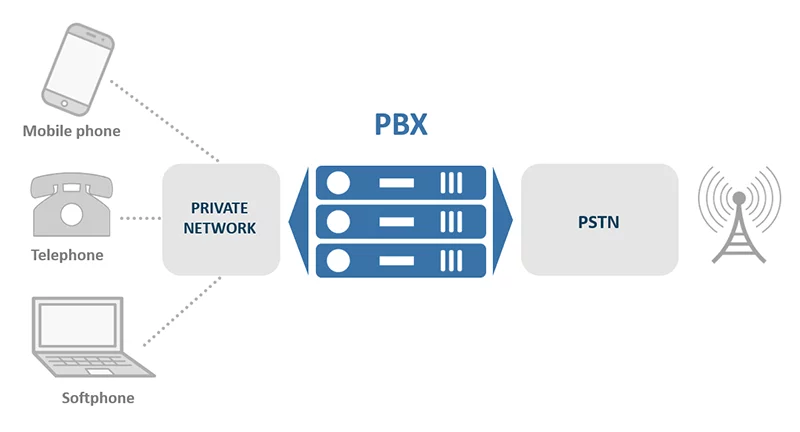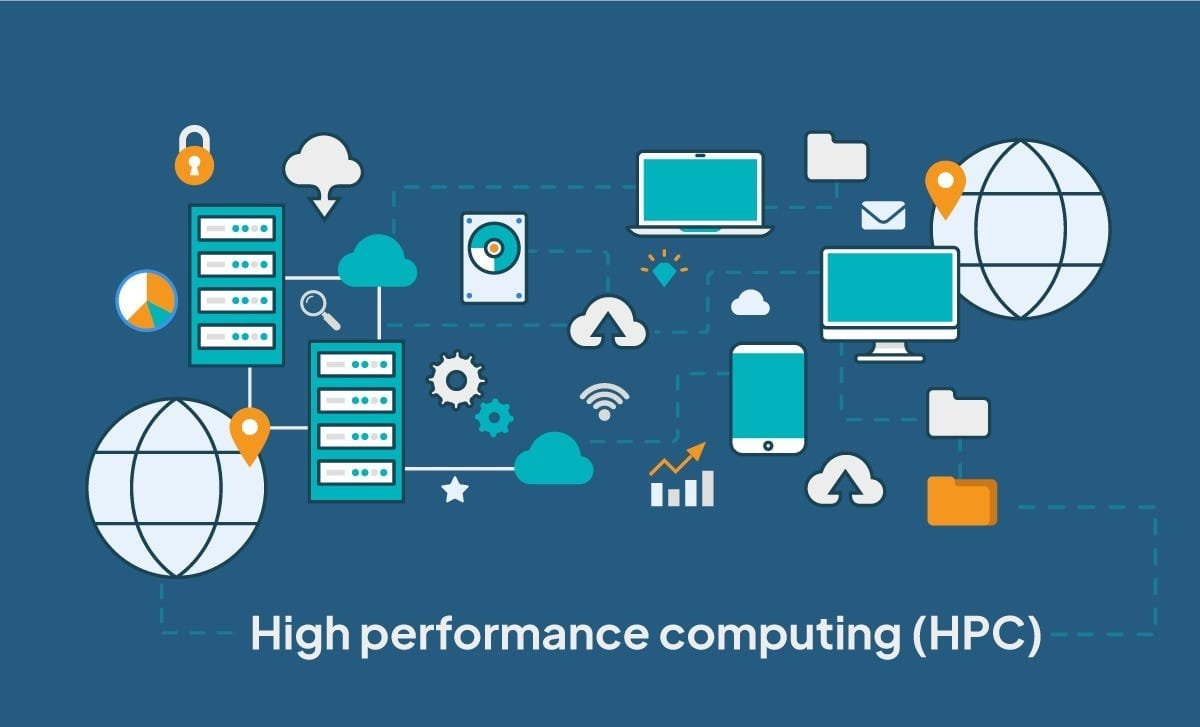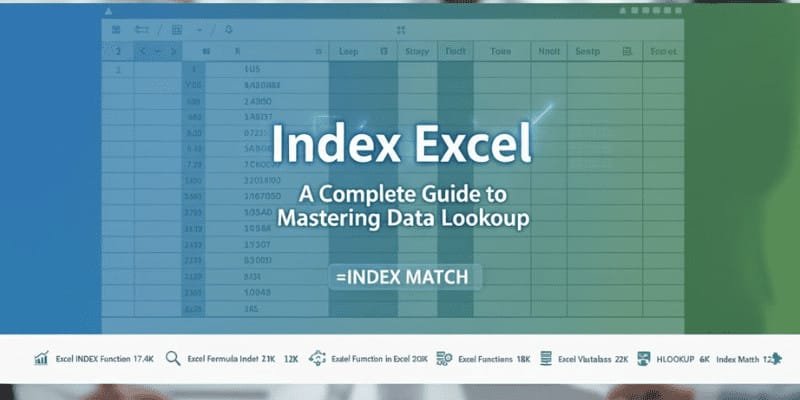The e-commerce market is booming, and it is projected that in the next few years, the sales will exceed trillions of dollars worldwide. With companies racing to build a strong online presence, the question that businesses continue to ask is what approach to ecommerce is the correct choice.
Would you use a ready-made ecommerce site like Shopify, WooCommerce, Magento or BigCommerce, a site with easy to set up features and easy interfaces? Or shall you spend it on bespoke ecommerce development which is tailored to suit your business objectives and long-term vision?
This article will discuss the major distinctions between off-the-shelf and bespoke ecommerce solutions, their advantages, and some additional factors to enable you to make a well-informed choice that will help your brand grow and scale.
Understanding Ready-Made Ecommerce Platforms
Ready-made (off-the-shelf) ecommerce solutions are ready to use, subscription-based ecommerce platforms that can be implemented quickly. They are commonly used by organizations that want to have online stores within a short time without having to understand the technicalities.
Major Advantages of Pre-packaged Ecommerce Systems are:
Speed to Market
The ready-to-use templates and the ability to drag and drop will enable you to launch your store in days or weeks. This makes them suitable for entrepreneurs who desire to begin selling fast without lengthy development periods.
Affordability
These platforms are subscription-oriented and have low start up fees, thus they are cost-effective to new businesses. You can upgrade your plan when you scale, and this reduces financial risks.
User-Friendliness
Packaged platforms need very little coding. The pre-configured workflows allow store owners to inventory, make orders, and receive payments very easily with a minimal learning curve.
Third-Party Integrations
It is also easy to expand the functionality of these platforms with the help of SEO tools, marketing extensions, payment services, and analysis of software such as Mailchimp, Google Analytics, and PayPal.
Best Fit for: Small businesses, start-ups, and companies that are trying new markets or products are best suited by ready-made solutions.
Exploring Custom Ecommerce Development
Custom ecommerce development is the creation of a specific system or a drastic alteration of an existing one to meet certain special business demands. It best suits established brands or enterprise level companies or individuals who carry out complicated operations.
Major Benefits of Custom Ecommerce Solutions:
Scalability
A bespoke platform has the ability to expand your business. It does not have any trouble with performance as compared to ready-made platforms, being able to scale according to high traffic, large product catalogs, and complicated operations of the backend.
Personalization & Branding
A custom ecommerce development provides total freedom in the design. It lets you come up with a distinctive user experience (UI/UX) keeping the brand in mind and helps your company stand out among others.
Advanced Integrations
Integrate enterprise-level systems, such as CRMs, ERPs, AI-powered applications, and custom APIs, with ease of automation and build analytics to make smarter decisions. This facilitates free flow of data between business functions.
Long-Term ROI
Custom ecommerce will generate better long-term ROI and is more cost-effective (initial investment costs are higher) because recurring subscription fees are removed, and it is more flexible, owned, and controllable.
Best Fit:
Best suited for well-established businesses or niche markets or brands that need to be differentiated, need specific features in their workflow, and require scalability over time.
Ready-Made vs. Custom Ecommerce Platforms: A Quick Comparison
Making the right choice depends on your business goals, budget, and future growth strategy. Here’s a clear side-by-side comparison:
When to Choose Ready-Made vs. Custom Ecommerce
Choosing between the two depends on your business priorities — speed, cost, and long-term goals.
Choose Ready-Made Platforms If:
- You want to launch fast and start selling immediately.
- You have limited technical expertise or a small team.
- You prefer predictable, subscription-based pricing.
- You’re testing a new product, market, or business model.
Choose Custom Ecommerce Development If:
- You need full control over design, features, and scalability.
- You expect high traffic and complex workflows.
- You want deep integration with existing enterprise tools.
- You’re building a long-term brand experience that stands out.
Key Factors to Consider Before Choosing an e-commerce Platform
Before finalizing your ecommerce platform, evaluate these critical aspects:
- Speed vs. Scalability: Do you prioritize a quick launch or long-term flexibility?
- Budget: Are you focused on short-term affordability or long-term ROI?
- Unique Requirements: Does your business need custom features, unique workflows, or personalized customer experiences?
- Growth Expectations: Will your platform need to handle high traffic, multiple stores, or global expansion?
- Maintenance & Support: Are you prepared to manage ongoing development, or do you prefer built-in vendor support?
By answering these questions, you will easily identify whether Shopify, WooCommerce, or a custom ecommerce solution best fits your needs.
Conclusion
There’s no one-size-fits-all when it comes to selecting an ecommerce platform. If you are a startup or small business, a ready-made ecommerce platform like Shopify or WooCommerce offers an affordable, quick, and simple way to start selling online. However, for growing enterprises or established brands, custom ecommerce development delivers greater flexibility, brand distinction, and scalability to fuel long-term success.
Ultimately, your ecommerce platform should not just meet your current needs but also support your future growth plans. Carefully consider your goals, budget, and technical capabilities before deciding.
Always remember that the right ecommerce platform is more than just a tool; it is the foundation of your digital success and customer experience journey.














